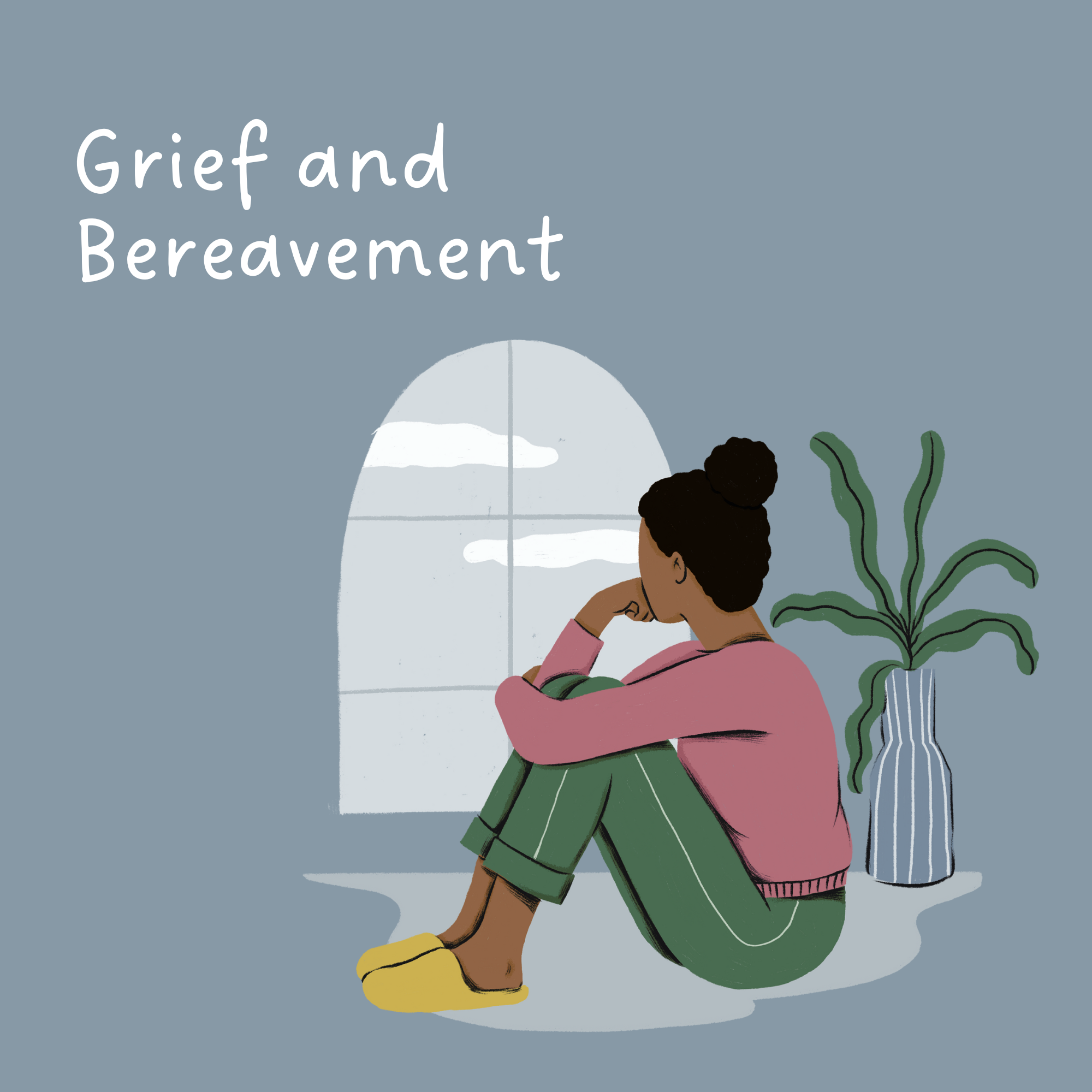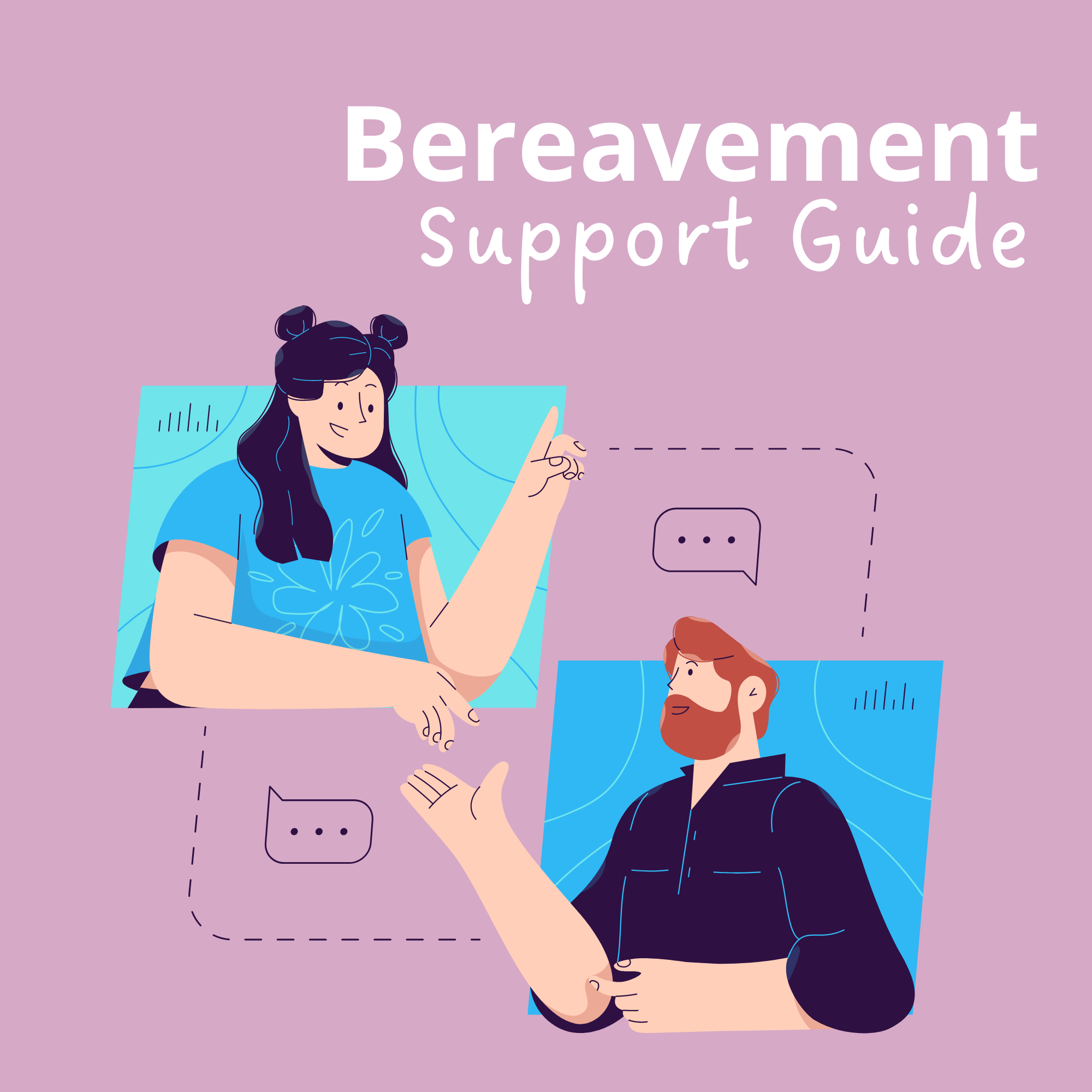 Support, advice and resources for those who are struggling with loss.
Support, advice and resources for those who are struggling with loss.
Most of us experience grief when we lose someone important to us. This area aims to outline some of the support you might be able to lean on if you're experiencing these feelings.
Most people experience grief when they lose something or someone important to them. If these feelings are affecting your life, there are things you can try that may help.
Bereavement, grief and loss can cause many different symptoms and they affect people in different ways. There's no right or wrong way to feel.
As well as bereavement, there are other types of loss such as the end of a relationship or losing a job or home.
Some of the most common symptoms include:
- shock and numbness – this is usually the first reaction to loss, and people often talk about "being in a daze"
- overwhelming sadness, with lots of crying
- tiredness or exhaustion
- anger – towards the person you've lost or the reason for your loss
- guilt – for example, guilt about feeling angry, about something you said or did not say, or not being able to stop your loved one dying
These feelings may not be there all the time and powerful feelings may appear unexpectedly.
When dealing with grief, it is strongly advised that you try to open up about your feelings. This might be with someone you are close to – a friend or family member, but might also include a healthcare professional of counsellor.
Professional and confidential personal support is available through Gateshead Health. To find out more about this, please click the button below and visit our Personal Support page.
Specialist support can also be accessed via organisations such as Cruse Bereavement Care, who can also be reached via phone on 0808 808 1677.
Lifestyle changes may also support you in coping with loss. The NHS provides advice on useful and practical changes which can help you to feel in control.
One area of your everyday life that may be impacted by grief is your sleep. Those struggling to sleep might wish to take advantage of free access to apps such as Headspace and Unmind, or access free mental wellbeing audio guides for further advice on managing this problem.
Setting small, more easily-achievable targets can help get you through each day. Pressuring yourself with mammoth tasks will only add to the pressure. Equally, focusing on uncontrollable aspects will only waste your energy – focus your time on the things that you can control.
Finally, it is advised to avoid the use of mood altering stimulants such as alcohol, cigarattes, gambling and drugs. These may provide distraction, but ultimately they only exaggerate feelings and can lead to us feeling worse over longer periods.
If you are struggling with the loss of a loved one and need to speak to someone, you can contact our Staff Support Talking Therapies team and self refer to the service.
Alternatively, you can contact the Shropshire, Telford and Wrekin Staff Wellbeing Hub which is available to all BCHFT staff.
You can contact them using the following information:
Calling their main Hub office on 07890 066445 between the hours of 9-5
• Emailing on stwstaffwellbeing@mpft.nhs.uk
• Completing the online referral form - https://gateway.mayden.co.uk/referral-v2/1acd19f4-6f6a-45f1-9f33-ca21d9c2a4be
There are also specialised bereavement support charities that may be able to offer support. These include:


